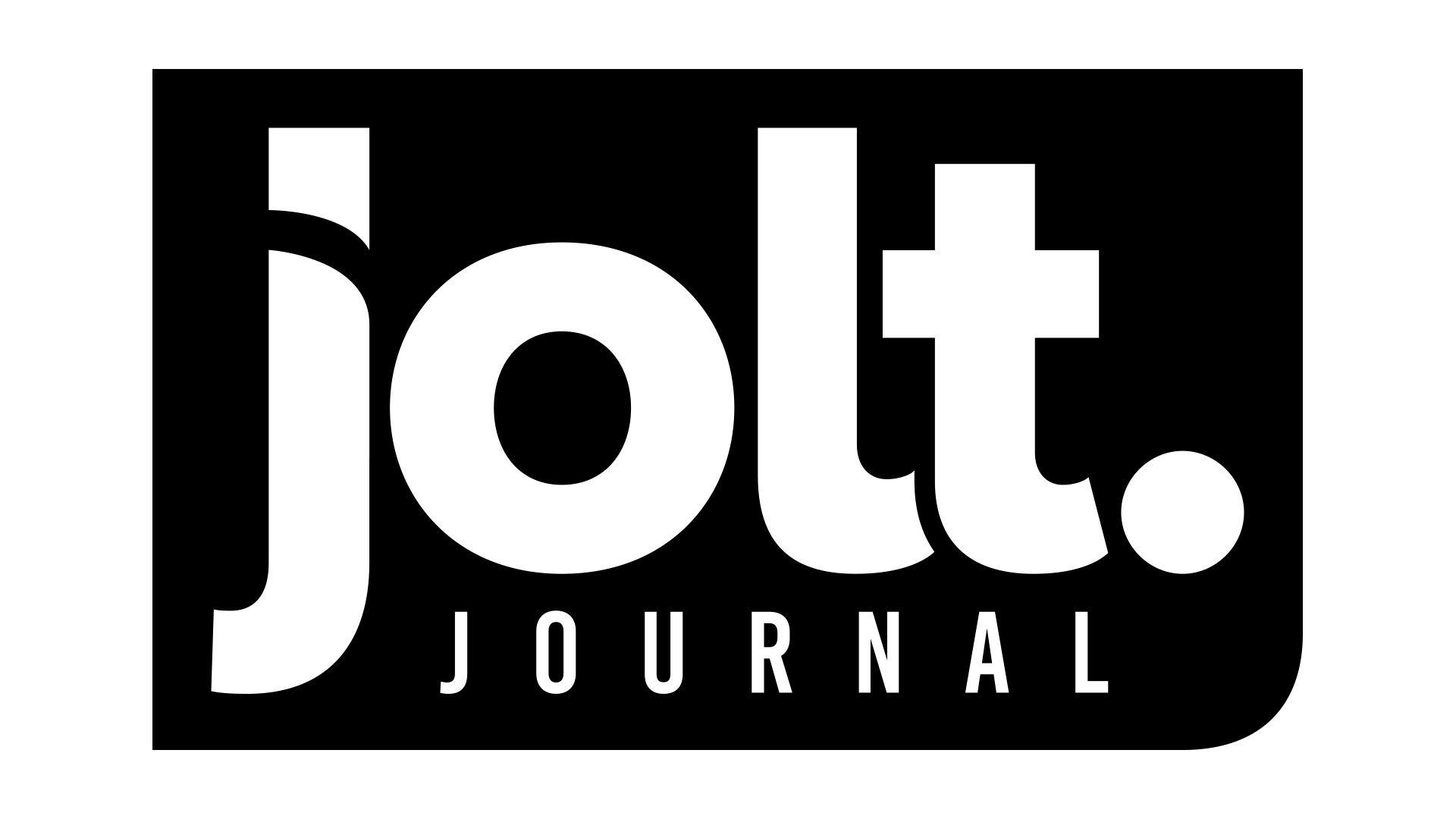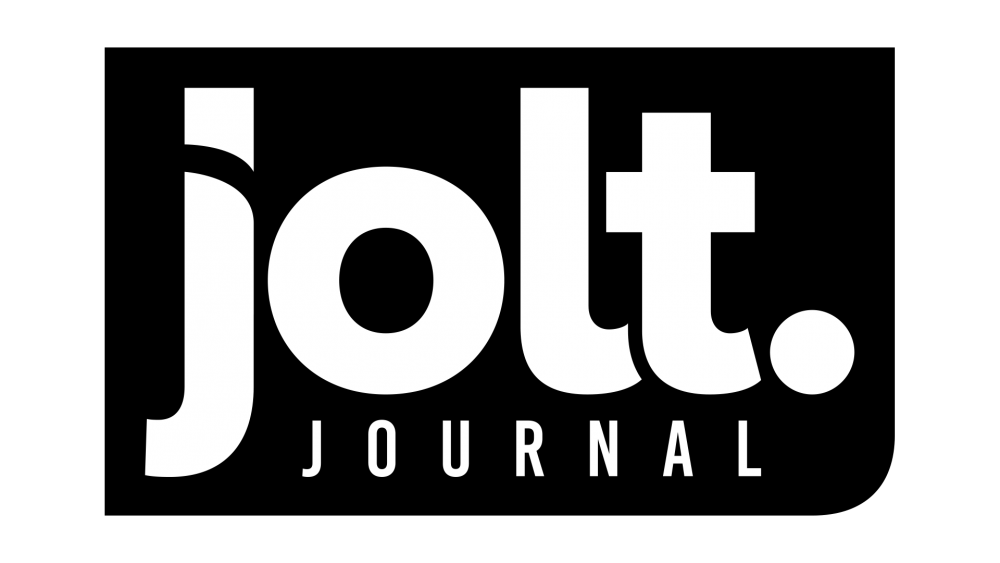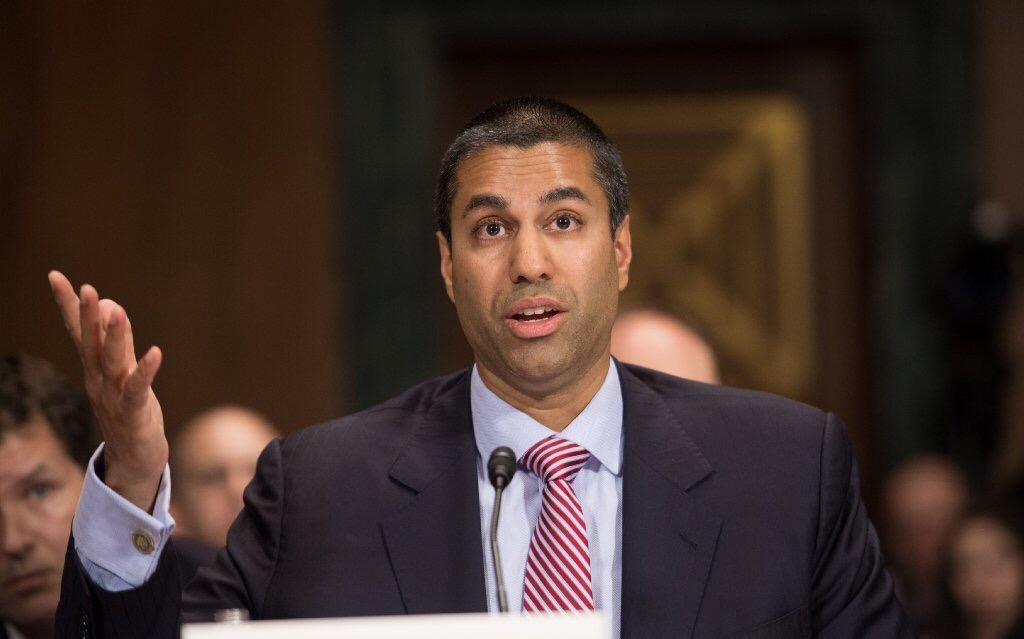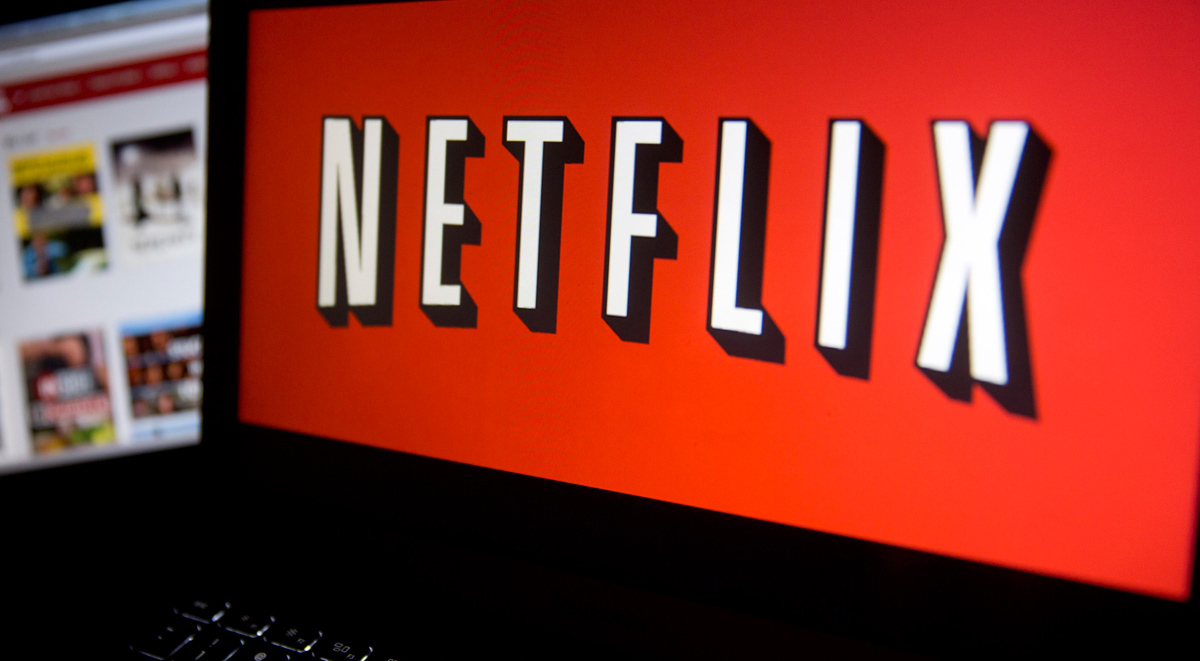Federal Communications Commissions chairman Ajit Pai is taking some steps to take away benefits from the poor and rural Americans. When Ajit Pai became chair of the FCC earlier this year, he promised to make bridging the digital divide one of his top priorities. This change, suggested by Ajit Pai, will further divide the digital space. It will make it harder for poor and rural Americans to access telecom services.
The agency said that it is considering changes to the Lifeline program. The Lifeline program helps low-income Americans pay for telephone and internet services. Changes to the program will allow telecom companies to decommission aging DSL connections in rural areas without replacing them. The changes proposed to the Lifeline program would reduce the available subsidies for people, make the subsidies available to fewer people, and have fewer carriers cover them.
The Lifeline program was created during the Reagan administration, and is funded by a surcharge on phone services. The program started to subsidize landline phones, but was expanded to mobile-phone services at a later time. Last year, the FCC voted to include broadband internet as well. When Ajit Pai took over, the reserved the previous decision and halted the expansion to nine additional broadband providers.
On Thursday, the FCC voted to consider a proposal that would further bring restrictions on eligibility rules for consumers to qualify for subsidies, and they want to strengthen audits of Lifeline providers. FCC said that they are responding to Government Accountability Office’s report that found a widespread abuse claim of the Lifeline program. Such abuse includes enrollments of people who are presumed already dead, as well as wasteful spending. Another portion of the proposal suggests to completely stopping Lifeline subsidies through carriers such as Tracfone that sell access to networks owned by other companies, such as Verizon, AT&T, and Sprint. Advocacy group Public Knowledge has said that about 70 percent of Lifeline enrollees use these resellers.
FCC brings to attention that many Lifeline enrollees are continuing to abuse the program by paying their entire bill by using the subsidies. The proposal wants enrollees to pay for part of the service costs themselves and the program can potentially cover the rest. The proposal also suggests putting a timeline on how long a household can receive subsidies. To add to that, the proposal wants to add annual cap spending for the Lifeline program, which means fewer people would be covered under the program or reduced subsidies for households.
The FCC also approved a controversial overhaul of media ownership rules, and reforms that enables telecom to crack down robocallers, amongst other suggested proposals.
During the proposal meeting, Pai dismissed concerns over several of these changes, but seeing as how Pai is determined to continuously strip down benefits, regulations, and provide anything in return that is equal, his comfort isn’t going to sit very well, with anyone for that matter.





